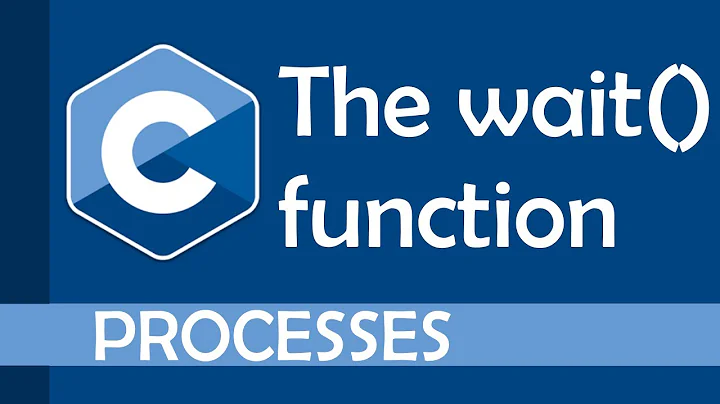Run atexit() when python process is killed
13,031
Solution 1
Try signal.signal. It allows to catch any system signal:
import signal
def handle_exit():
print('\nAll files saved in ' + directory)
generate_output()
atexit.register(handle_exit)
signal.signal(signal.SIGTERM, handle_exit)
signal.signal(signal.SIGINT, handle_exit)
Now you can kill {pid} and handle_exit will be executed.
Solution 2
To enable signals when debugging PyCharm on Windows:
- Within PyCharm hit
Ctrl + Shift + Ato bring up the "Find Actions..." menu - Search for "Registry" and hit enter
- Find the key
kill.windows.processes.softlyand enable it (you can start typing "kill" and it will search for the key) - Restart PyCharm
Related videos on Youtube
Author by
Chan Jing Hong
A curious person who tends to dig very deep into the subjects that interest me. Founder, Software Architect at Groftware
Updated on November 01, 2022Comments
-
 Chan Jing Hong over 1 year
Chan Jing Hong over 1 yearI have a python process which runs in background, and I would like it to generate some output only when the script is terminated.
def handle_exit(): print('\nAll files saved in ' + directory) generate_output() atexit.register(handle_exit)Calling raising a
KeyboardInteruptexception andsys.exit()callshandle_exit()properly, but if I were to dokill {PID}from the terminal it terminates the script without calling handle_exit().Is there a way to terminate the process that is running in the background, and still have it run
handle_exit()before terminating?-
 Alexander Ejbekov over 7 yearsNot possible with atexit alone. As the documentation states
Alexander Ejbekov over 7 yearsNot possible with atexit alone. As the documentation statesThe functions registered via this module are not called when the program is killed by a signal not handled by Python, when a Python fatal internal error is detected, or when os._exit() is called.here
-
-
 fish2000 over 4 yearsN.B., your handler function signatures should afford two positional arguments – a signal number and a stack frame, e.g.
fish2000 over 4 yearsN.B., your handler function signatures should afford two positional arguments – a signal number and a stack frame, e.g.handle_exit(signum, frame)orhandle_exit(*args)– as that’s how those functions invoked viasignal.signal(…)will be called. If your functions take explicit arguments, you can set up values foratexit.register(…)to pass on its own invocation, e.g.atexit.register(handle_exit, None, None)or similar. -
IlyaP over 3 yearsDoesn't work on Windows when closing via Task Manager or via Stop button in PyCharm







